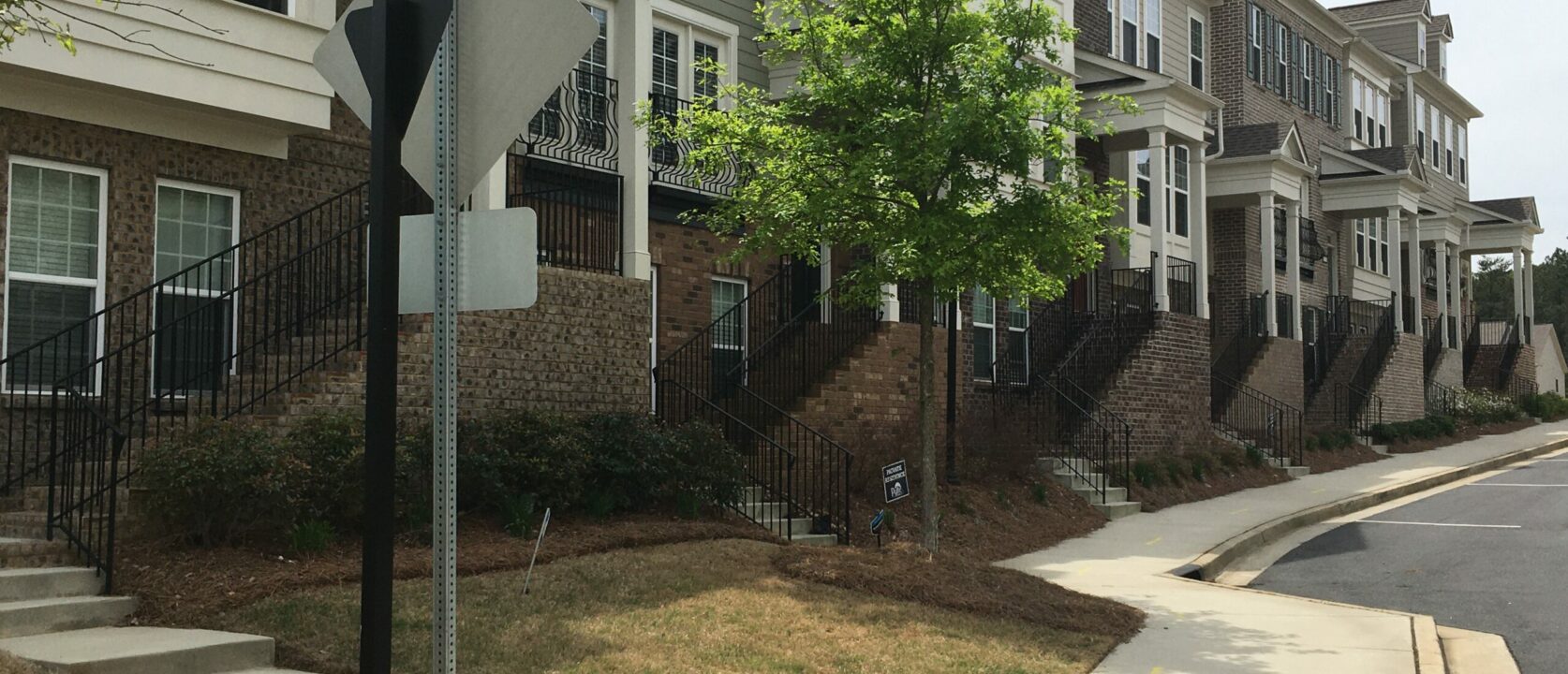In Georgia, commercial property taxes are based on the assessed value of the property, which is determined by the local tax assessor’s office. The assessed value is calculated by multiplying the property’s fair market value by the assessment ratio, which is currently set at 40% for most types of commercial property.
Once the assessed value has been determined, the property owner is responsible for paying property taxes based on the millage rate set by the local government. The millage rate is a tax rate expressed in mills, with one mill equal to one-tenth of one percent (.001).
To calculate the property tax bill, the assessed value is multiplied by the millage rate. For example, if the assessed value of a commercial property is $500,000 and the millage rate is 50 mills, the property tax bill would be $25,000 (500,000 x 0.05).
It’s important to note that Georgia law provides for certain exemptions and assessment caps for certain types of commercial properties, such as agricultural property or property used for conservation purposes. These exemptions and caps can help reduce the property tax burden for qualifying property owners.
Overall, commercial property taxes in Georgia can be complex, and it’s important for property owners to work with a qualified tax professional to ensure that they are complying with all applicable tax laws and regulations.


No comment yet, add your voice below!